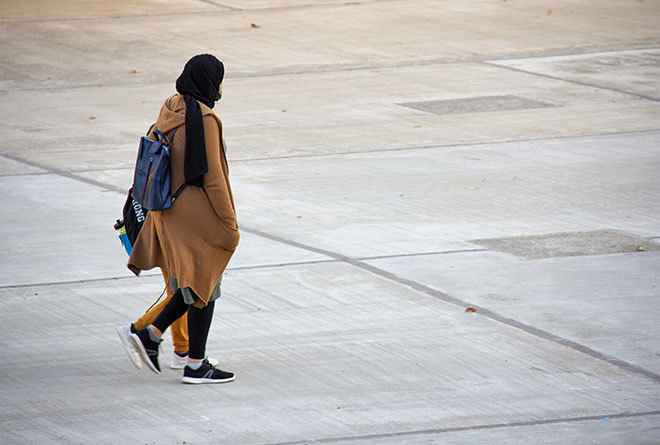
#132Court ruling on the asylum application of an Afghan woman
Two women of Afghan nationality were refused refugee status by the Austrian authorities. They decided to challenge this fact at the Austrian Supreme Administrative Court, arguing that the very situation of women under the new Taliban regime in Afghanistan is a sufficient reason to grant refugee status.
This regime introduces a number of discriminatory measures, including depriving women of legal protection from gender-based violence, domestic violence and forced marriages. Women are ordered to cover their bodies and faces completely, their access to healthcare and freedom of movement are restricted, their profession is prohibited or restricted, their access to education is prevented and they are excluded from political life.
The Austrian court said that the return to power of such a regime in 2021 has serious consequences for women's fundamental rights. It is also of the opinion that women of Afghan nationality fall within the category of 'a particular social group' in accordance with Directive 2011/95. These women may be subjected to persecution in Afghanistan because of their gender. That court referred two questions to the Court:
- Whether those discriminatory measures, taken as a whole, can be classified as acts of persecution capable of justifying the grant of refugee status;
- Whether the competent national authority is required to take into account factors other than the nationality and sex of that woman in the context of an individual assessment of an application for asylum lodged by a woman with Afghan nationality.
Regarding the first question, the Court of Justice found in its judgment in Joined Cases C-608/22 and C-609/22 of 4 October 2024 that certain measures, such as forced marriage, equated to a form of slavery, and the lack of protection against gender-based and domestic violence, are in themselves considered acts of persecution because they constitute a serious violation of fundamental rights and a form of inhuman and degrading treatment. The Court concluded that, although individual measures may not, in themselves, constitute a sufficiently serious breach of fundamental rights to be regarded as acts of persecution, when considered together, they do acquire such a classification. Their cumulative effect and systematic application lead to a significant denial of fundamental rights linked to human dignity.
With regard to the second question, the Court held that the authorities of the Member States were not required to prove that the applicant faced a specific risk of persecution upon her return to her country of origin. It is sufficient if only her nationality and gender are taken into account.
Legal commentary
We provide daily commentary from various fields of law, business, and audit. We try to give an objective and impartial view of current topics that move the professional world.
- AuthorAdmin
- Date17.10.2024
- Webwww.lexante.sk